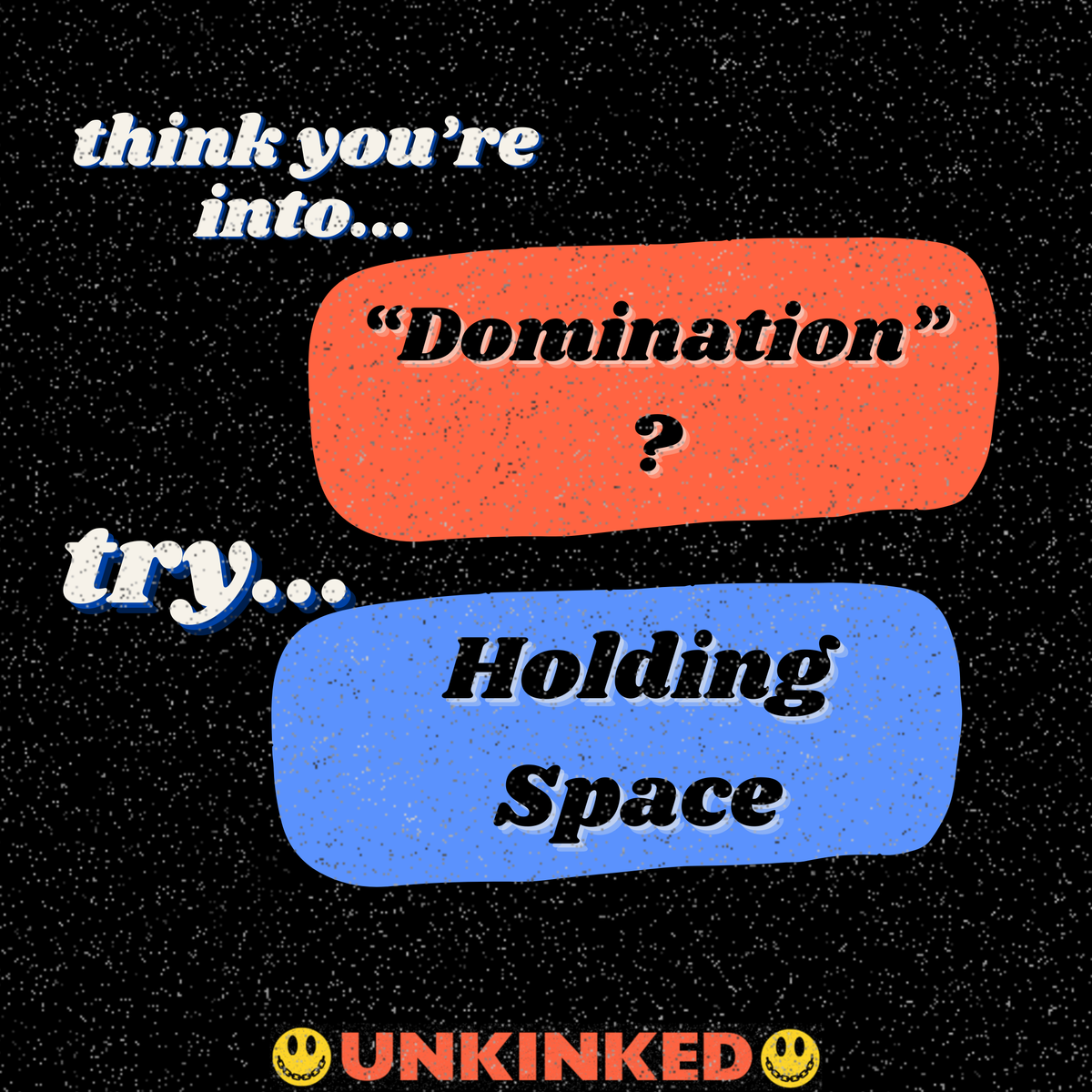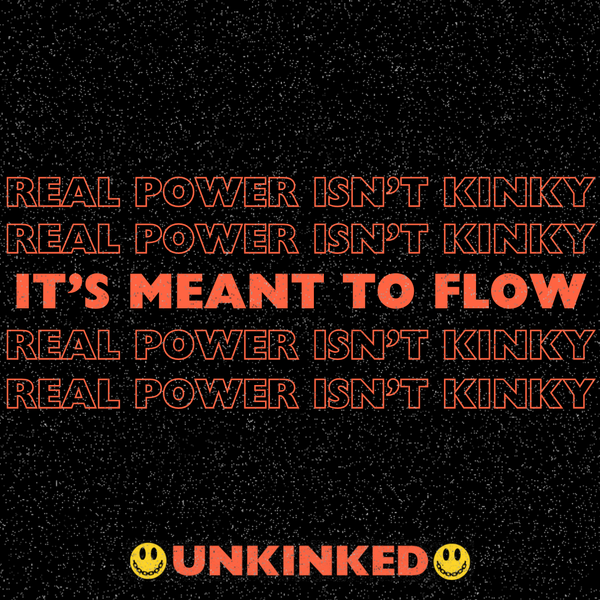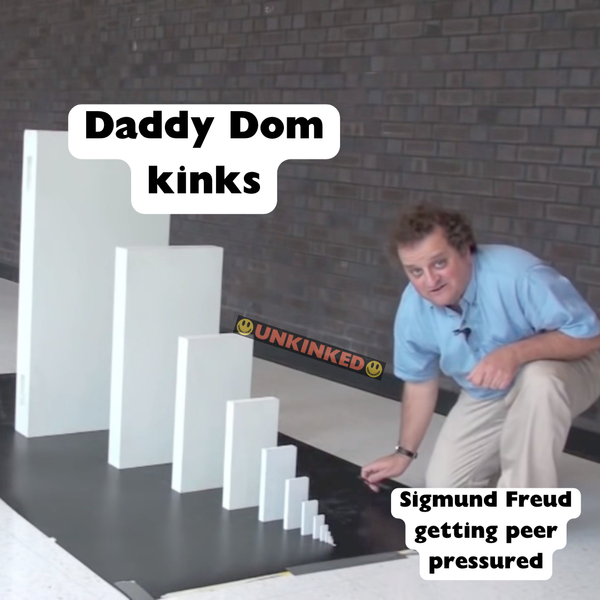Dominance vs Holding Space

Dominance, like submission, has a kinky definition that has diverged from its actual meaning.
Language creates our experience.
Kinks limit our ability to describe what we want, creating blockages in communicating desires and actually receiving the experiences we want.
So what does dominance really mean?
We've been conditioned by a culture of dominance to equate power with domination. This flavor of power is specifically "power over," that is, control over someone else. We can also call this "hierarchy," and it is the type of power that underpins the structure of government, organized religion, and social class.
It can be helpful to think about BDSM as a practice, and just as in practicing meditation or a craft or exercise, a person gets better at the mindsets and behaviors they learn and repeat.
So it's easy to see how practicing domination can make one "better"– more adept, comfortable, and natural– with the mindsets of abuse and oppression.
Dominance is a shadow form of power: an unconscious, undeveloped expression of authentic power.
Dominance and submission are two sides of the same coin of false power. With submissive behavior, undeveloped expression of power manifests as abdicating responsibility for one's experience and tending towards roles of victimhood and fawning.
Dominant behavior encompasses undeveloped power that is expressed via punishment and persecution.
Dominance and submission are primal, fear-based responses that arise in the absence of the courage, or the practice, to claim healthier ways of relating to the inner self and to other people.
Dominating behavior stems from overwhelming fear of one's own internal lack of control.
The desire to exert control and cruelty is still a kink for powerlessness.
In the same way a child tantrums, a person trapped in dominance attempts safety by means of perpetuating the suffering they experience within.
Hurtful behavior is a human attempt to make clear an internal experience of suffering and garner love and safety in the form of attention.
In a child with compassionate parents, the behavior may succeed, and be resolved.
In an adult perpetuating violence, it is more likely to alienate, coerce, or terrify those around us, continuing a pattern of anger and fear.
Recognizing and embodying healthier ways to interact with power in the world means unlearning dominance as power.
In unkinking our relational perspectives, we can come to see that any mutually desired and healthy activity shared between people that involves "dominance" is more likely to really be about holding space.
We recognize both our own power and that of another person will express in different ways, at different times.
Where needed and agreed upon, we use our power to allow another the safety to surrender, to be vulnerable, to be visible, and to take risks– all forms of power in their own right.
For those who learned of dominance though enjoying a kink role, it's important to recognize that the only ethical power in that place is ultimately over ourselves, not over another person.
Power in holding space involves connection to our own truth and boundaries, an ability to remain grounded and present, and a knowledge that we are co-creating an experience, not dictating or controlling the experience of anyone else. In this way, we facilitate the kind of shared power and transcendence that is inherent to authentic pleasure and relating.
True power– sovereignty, power "within" rather than "over"– is abundant and unique to each person. It can't be given away or taken. One person's power does not diminish another's. It is a state of wholeness and truth.
Kink/BDSM gives opportunity to recognize the shadows of power, and see clearly the way our larger culture has trained us to submit and dominate ourselves and others our of fear.
These practices call attention to and give language to the ways domination and submission have become both normalized and fetishized.





